On the Detention of David Miranda
A lower U.K. court Wednesday upheld the legality of the nine-hour detention of NSA investigator Glenn Greenwald's partner under the Terrorism Act of 2000, and refused permission to appeal the decision. Greenwald comments on the outcome at The Intercept.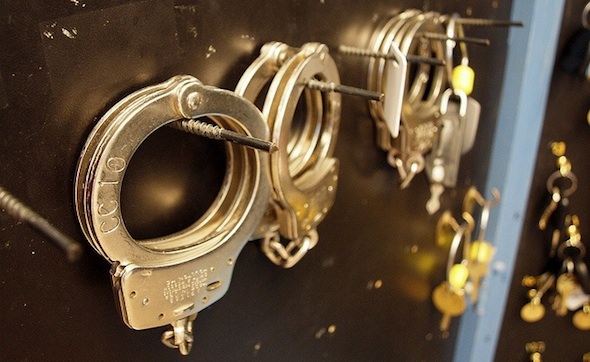
A lower U.K. court Wednesday upheld the legality of the nine-hour detention of NSA investigator Glenn Greenwald’s partner, David Miranda, under the Terrorism Act of 2000, and refused permission to appeal the decision. Greenwald comments on the outcome at The Intercept.
Greenwald writes:
The UK Government expressly argued that the release of the Snowden documents (which the free world calls “award-winning journalism“) is actually tantamount to “terrorism”, the same theory now being used by the Egyptian military regime to prosecute Al Jazeera journalists as terrorists. Congratulations to the UK government on the illustrious company it is once again keeping. British officials have also repeatedly threatened criminal prosecution of everyone involved in this reporting, including Guardian journalists and editors.
Equating journalism with terrorism has a long and storied tradition. Indeed, as Jon Schwarz has documented, the U.S. Government has frequently denounced nations for doing exactly this. Just last April, Under Secretary of State Tara Sonenshine dramatically informed the public that many repressive, terrible nations actually “misuse terrorism laws to prosecute and imprison journalists.” When visiting Ethiopia in 2012, U.S. Deputy Secretary of State William Burns publicly disclosed that in meetings with that nation’s officials, the United States “express[ed] our concern that the application of anti-terrorism laws can sometimes undermine freedom of expression and independent media.” The same year, the State Department reported that Burundi was prosecuting a journalist under terrorism laws.
It should surprise nobody that the UK is not merely included in, but is one of the leaders of, this group of nations which regularly wages war on basic press freedoms. In the 1970s, British journalist Duncan Campbell was criminally prosecuted for the crime of reporting on the mere existence of the GCHQ, while fellow journalist Mark Hosenball, now of Reuters, was forced to leave the country. The monarchy has no constitutional guarantee of a free press. The UK government routinely threatens newspapers with all sorts of sanctions for national security reporting it dislikes. Its Official Secrets Act makes it incredibly easy to prosecute journalists and others for disclosing anything which political officials want to keep secret. For that reason, it was able to force the Guardian to destroy its own computers containing Snowden material precisely because the paper’s editors knew that British courts would slavishly defer to any requests made by the GCHQ to shut down the paper’s reporting.
Read more here.
— Posted by Alexander Reed Kelly.
Your support matters…Independent journalism is under threat and overshadowed by heavily funded mainstream media.
You can help level the playing field. Become a member.
Your tax-deductible contribution keeps us digging beneath the headlines to give you thought-provoking, investigative reporting and analysis that unearths what's really happening- without compromise.
Give today to support our courageous, independent journalists.

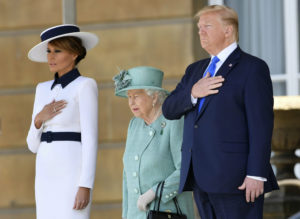
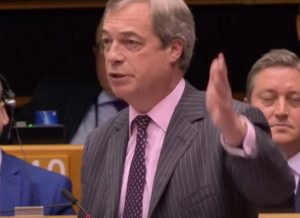
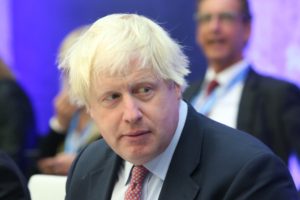

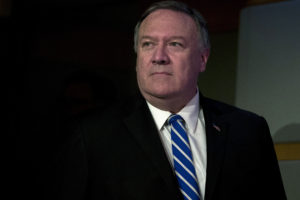


You need to be a supporter to comment.
There are currently no responses to this article.
Be the first to respond.